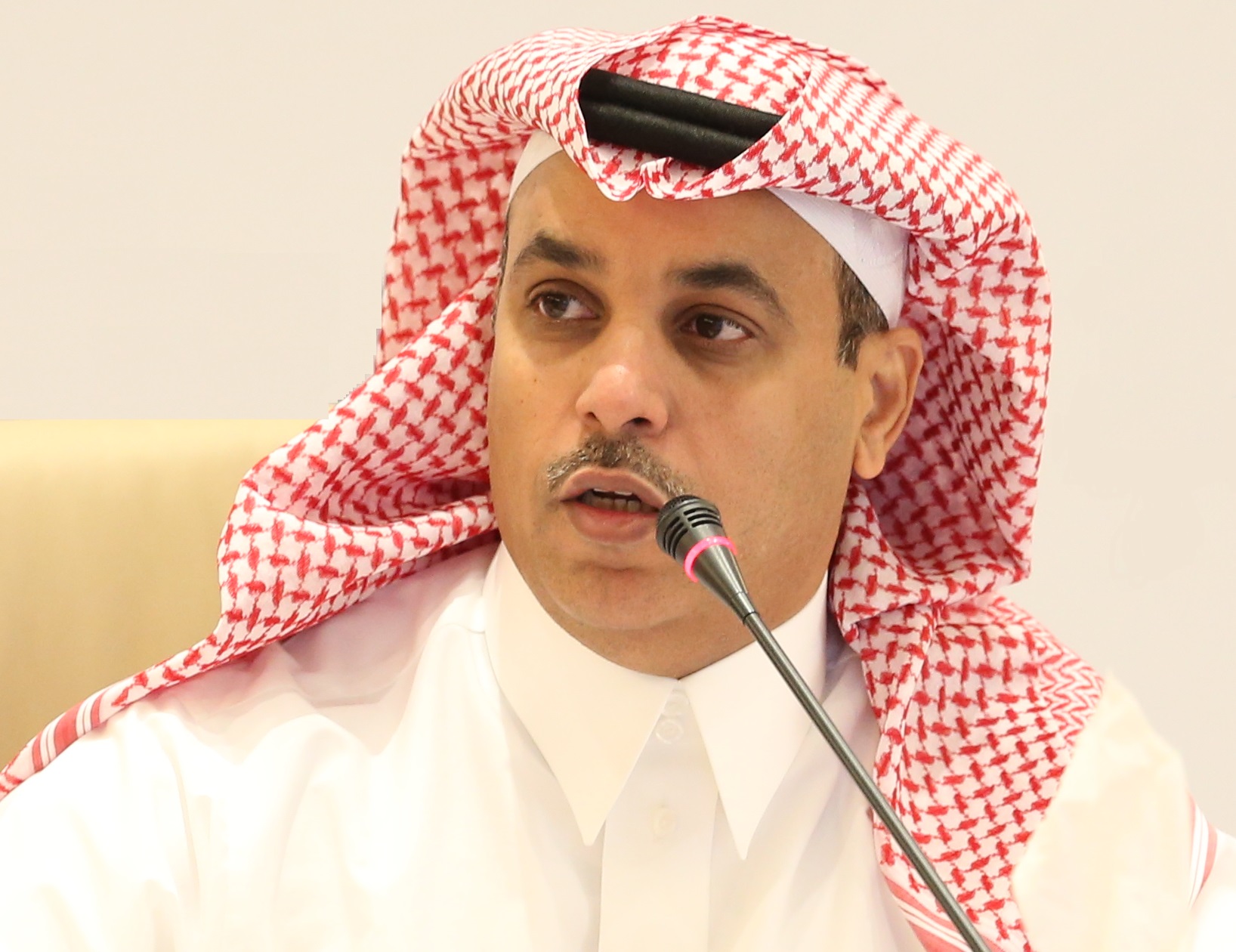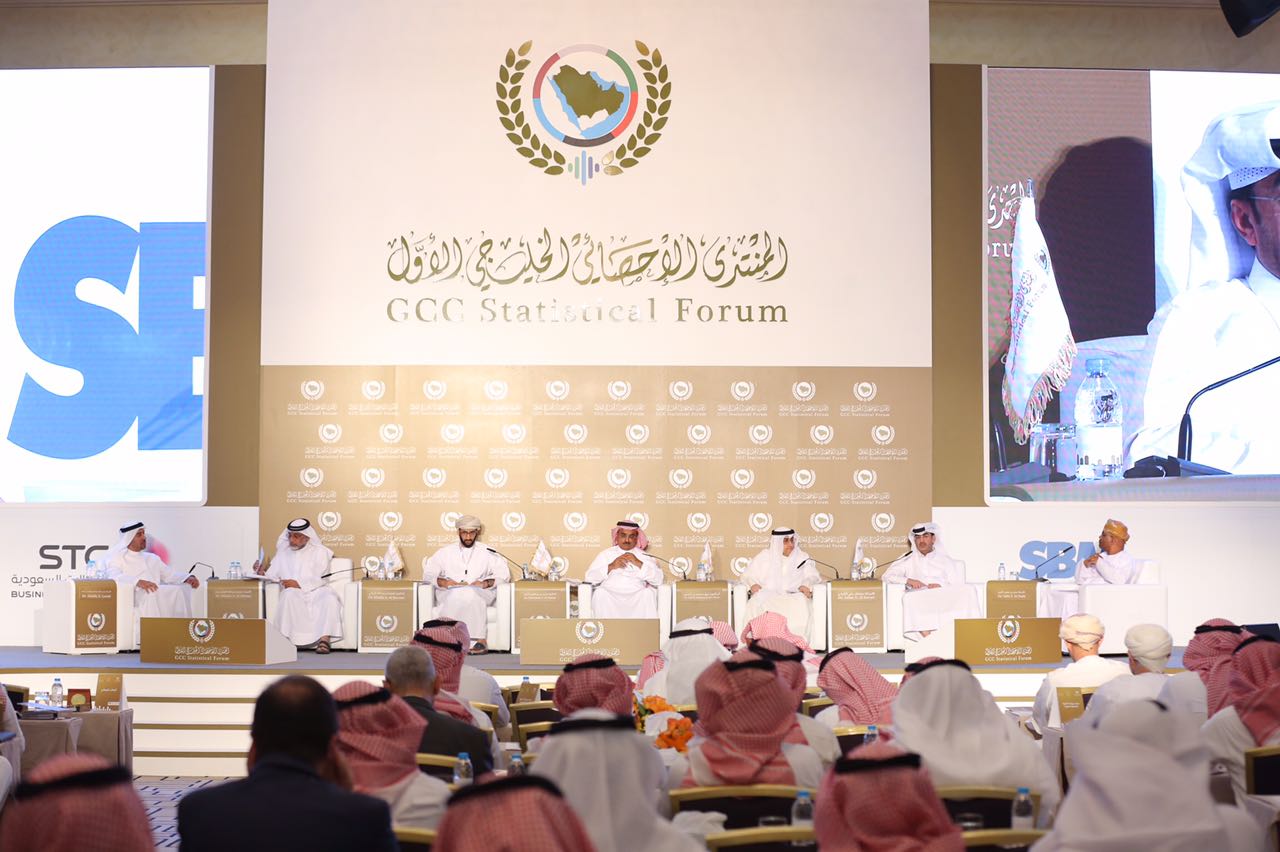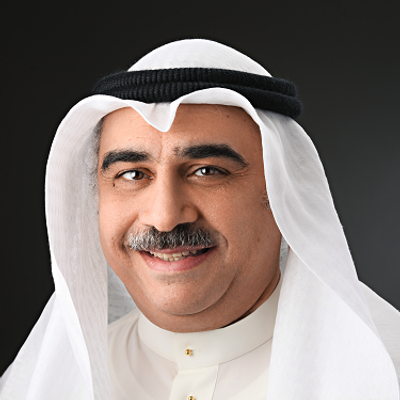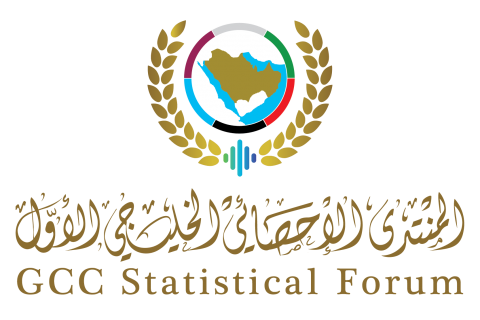
السعودية " الثانية عربياً والثامن والثلاثين عالمياً " ضمن الدول ذات التنمية البشرية المرتفعة جداً
According to the human development report issued by a UN program with a remarkable progress
Saudi Arabia is “the second country on the Arab world level and the thirty eighth internationally” within the very high-level human development countries
Saudi Arabia registered the second rank on the Arab world level and the thirty eighth internationally within the very high-level human development countries according to the human development report issued by the UN developmental program 2016.
Dr. Fahad bin Sulaiman Altekhaifi, GaStat president, clarified that Saudi Arabia has reached that remarkable progress which was reflected in the human development report issued by the UN developmental program 2016. He added, Saudi Arabia was classified within the countries that have the highest levels of human development.
His Excellency assured that the report is one of the annual reports issued by the UN developmental program since 1990. In addition to the main topics it discusses and resolves annually, the program includes many statistical tables of various indicators, the most important of which is a table that contains the human development guide classified by the level of human development all over the world. This guide is considered a standard that summarizes all achievements in the field of development through three main dimensions: individual health life, knowledge acquisition, and the proper living standard.
He indicated that this improvement in the Saudi level of human development is continuous one. During the past three years, Saudi Arabia registered the (39th) rank last year, the (55th) rank in 2010, and the (77th) rank in 2005. This progress is attributed to the noticeable improvement in all elements of the human development guide which are represented in the expected age of birth, the expected average of studying years which means the expected number of studying years that a child is expected to spend since he/she starts going to school, supposing that the rates of this process by age groups remain stable during all times. The guide elements also include the gross national income per capita which is calculated by the purchase power rate in Dollar.
It is worth mentioning that the human development report divides the world into four groups by value of human development guide’s indicator. Countries with low-level human development have a value of (0R550), whereas countries with intermediate-level human development, their value ranges between (0R550) and (0R699). However, countries with high-level human development have a guide value that ranges between (0R700) and (0R799), and countries with a very high-level of human development have a value of (0R800) or more. The Saudi indicator mentioned in the 2016 report registered (0R847).
Dr. Fahad stressed that this report reflects the level of human development that Saudi Arabia witnesses in many fields. It shows the exerted efforts on many levels. These efforts were achieved as a response to the continuous directions of the custodian of the two holly mosques, his crown prince, and his deputy crown prince. It also reflects the goals upon which the 2030 Saudi vision is made, the vision that represents a promising document that aims at achieving the sustainable development and coping with all rapid developmental changes internationally.

الرياض تعلن 14 توصية في ختام المنتدى الإحصائي الخليجي الأول
Based on 3 Strategic Pillars
Riyadh Announces 14 Recommendations at the Conclusion of the First GCC Statistical Forum
The First GCC Statistical Forum held in Riyadh concluded by announcing 14 recommendations, co-drafted by decision and policy makers, academia, private sector, in addition to the leaders of the statistical data and information authorities, systems and centers in the GCC countries and international and regional organizations. The participants in the Forum, organized by the General Authority for Statistics in Saudi Arabia and the GCC Statistical Center, stressed the importance, moving forward, of strengthening and increasing the effectiveness of the ongoing efforts in the various related fields, based on three strategic pillars (Partnerships, Development and Harmonization, and Resources).
The participants also agreed on the importance of holding the Forum on a regular basis ever two years, to monitor progress and achievements in the areas of joint work and collaboration, and discuss the latest developments in the demand for and the production and dissemination of official statistics. The next forum will take place, in Muscat, in March 2019.
This announcement came along with the Forum participants’ acknowledgment of the extra burden put on the national statistical authorities, centers and systems by the ever increasing and evolving demand for better quality statistics.
The recommendations on the Partnerships Pillar stressed the need to (i) Strengthen the cooperation and dialogue mechanisms between statistics users and producers at the national level, so that the needs of users are met and the priorities are set in a better way; (ii) Enhance coordination and cooperation between producers of statistics in countries, to share knowledge and best practice, avoid duplication of efforts, and increase the quality of official statistics; (iii) Improve coordination and cooperation at the regional and international levels, to keep pace with and ensure contribution to and benefit from relevant developments, and to exchange expertise and experiences; (iv) Explore the potential of public private partnerships in statistics, to increase the frequency of data and develop new data sources; and (v) Foster collaboration and partnerships with the academic community in the GCC region, to serve a wide array of objectives including improving statistical literacy, adding value to statistical production, increasing the correct use of data, and strengthening training and capacity development.
In terms of the Development and Harmonization Pillar, the participants recommended to (i) Improve the quality and comparability of official statistics, to meet the needs of users; (ii) Incorporate contemporary international statistical standards and classifications; (iii) Enhance the use of administrative registers to produce official statistics; (iv) Take full advantage of modern statistical tools and technologies; and (v) Promote the correct use of statistics and statistical awareness and culture in society.
Finally, regarding the Sources Pillar, the participants’ recommendations included to (i) Operate statistical agencies in an efficient, cost-effective and results-based manner; (ii) Attract and keep qualified GCC nationals in the statistical work; (iii) Increase the effectiveness and coverage of capacity development programs; and (iv) Explore alternative sources of funding and cost sharing outside the framework of official statistics including with the private sector.
For the recommendations of the first Gulf Statistical Forum | Press here

برعاية خادم الحرمين الشريفين معالي وزير الاقتصاد والتخطيط يفتتح فعاليات المنتدى الإحصائي الخليجي

27 جناح علمي وتوعوي في المعرض المصاحب لفعاليات المنتدى الإحصائي الخليجي الأول
27 Scientific and Awareness-raising Booths in the Exhibition accompanying the First GCC Statistical Forum
The Forum events which will be held in Riyadh under the theme " enhancing statistical collaborations to support economic policies and sustainable development in the GCC region", under the patronage of the custodian of the Two Holly Mosques king Salman bin Abdulaziz Al Saud, and organized by the general authority for statistics and the GCC statistical center on 21-23 Jumada second 1438 H corresponding to 20-22nd of March 2017, will be accompanied by an exhibition that contains 27 scientific and awareness raising booths, in collaboration with the GCC countries and the GCC statistical center, in addition to a number of establishments specialized in statistical and informational technology.
Mr. Taiseer Almofarrej, the official spokesman of the General Authority for Statistics, stressed that the Forum welcomes visitors such as , specialists, academia, students and government entities leaders to know more about statistical methodologies in different fields; economic, social, energy and natural resources, open data, statistical awareness and sustainable development.
The forum which will gather 40 speakers from the gulf region and other countries, data producers and users, and people from the academic sector, focuses on main axes which are: statistical data and information request resulted from the national developmental tracks, sustainable development agenda and international economic issues, discussing the provision of statistical products and services to support the national developmental tracks and sustainable development in the GCC region, in addition to discussing the statistical collaborations between data producers and users to support the economic policies and sustainable development in the GCC region.
The events of the Forum will start with 4 sessions within two days, the sessions will start with discussing the first axe which is about statistical data and information request: the request from an international prospective and focusing on the international issues and their impact on policies and reforms all over the world in general and in the gulf region in particular. In addition to data needs and gaps, it will also discuss request from a national and regional perspective, a general session titles" producing and publishing statistics: the strategic motives of the national statistical entities' works", followed by a general session about the third axe which is associated with collaborations " next steps: towards sustainable mechanisms and framework for cooperation between users and producers". Along with the forum activities, 6 workshops will be held: the first will discuss measuring the progress in achieving sustainable development goals, the second is about enhancing statistical knowledge. As for the third, it will be about the statistical media. In the fourth workshop, the participants will get to know the mechanisms of statistics development by using information and communication technologies. However, the fifth will discuss data revolution which will present cooperation between Arab countries to get benefited from data revolution in enhancing the production and publishing of statistics. After that, two presentations will be presented by one of the GCC countries and the GCC statistical center about the preparations and challenges. Regarding the last workshop, it will discuss the collaborations between the public and private sectors in the field of statistics.
